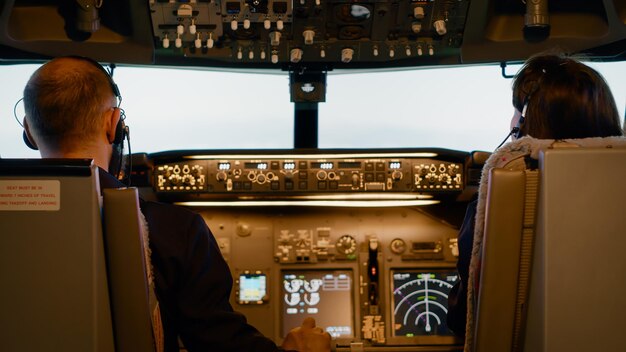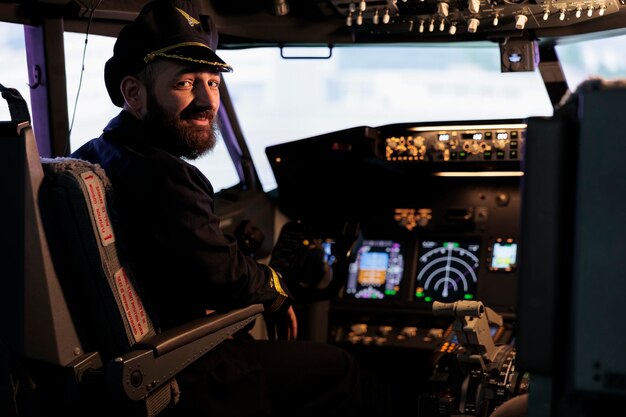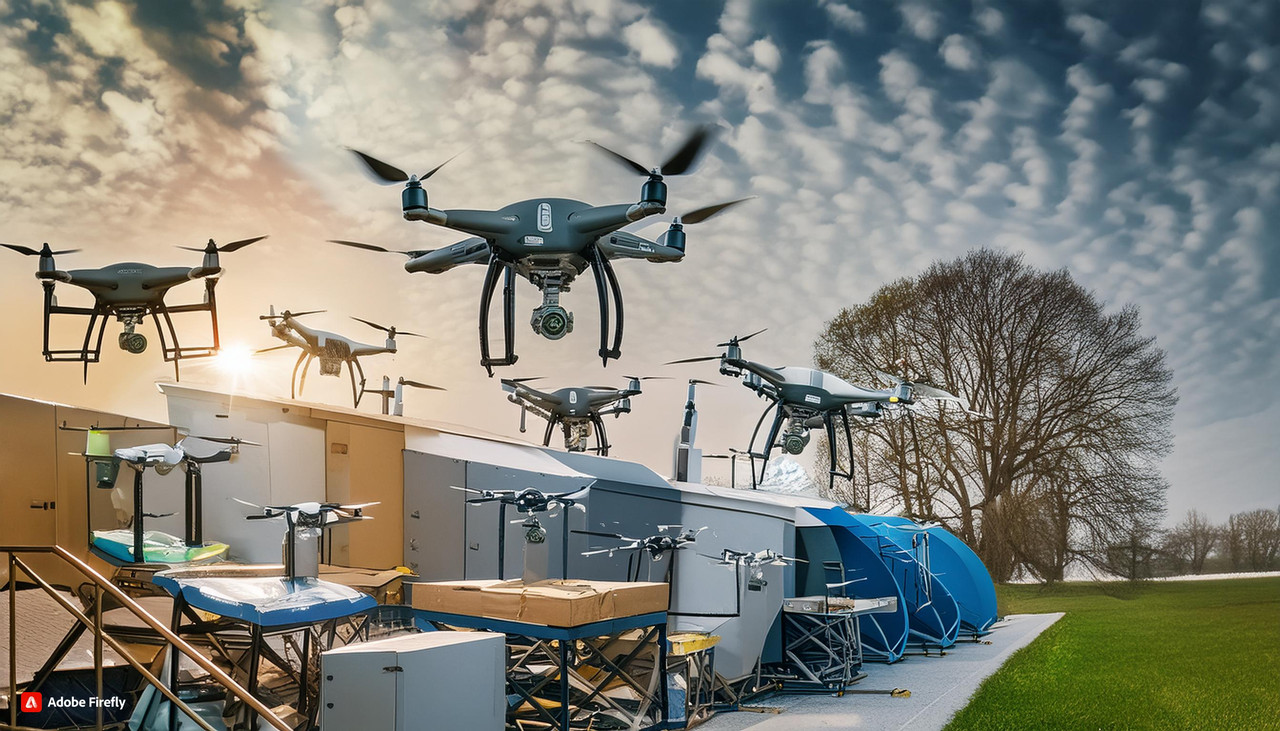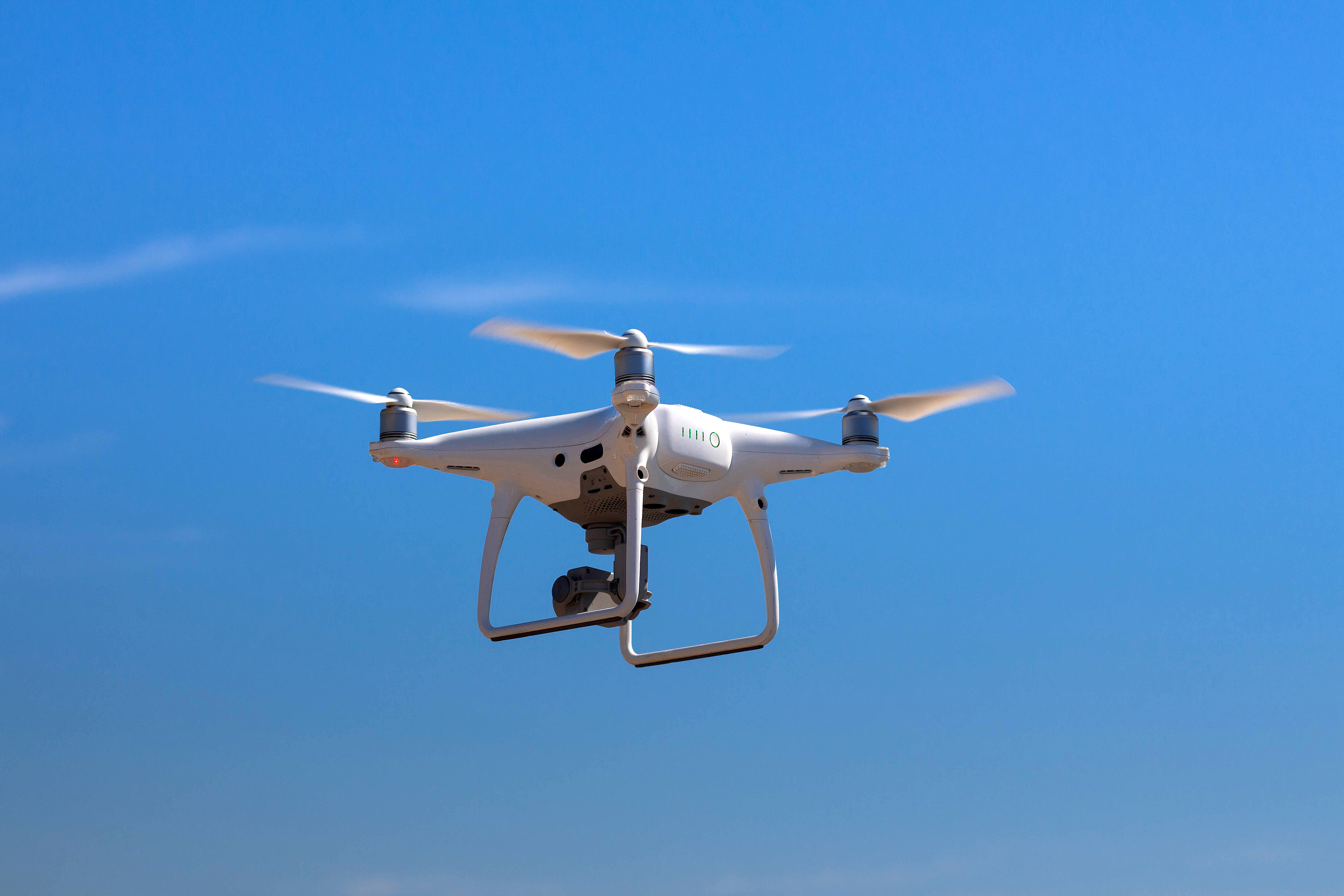How Important are Soft Skills for Making a Career in Aviation?
The worth of soft skills in aviation careers is increasing every day. Helping people to keep pace with this transformation are the airline training institutes in Delhi. Only tech expertise is insufficient for aviation professionals to survive in the dynamic world. The aviation industry requires a distinct talent that extends beyond tech knowledge and stresses the significance of soft skills training.

What are the Essential Soft Skills?
Teamwork
Aviation is an industry where there is a sheer need for partnership, with pilots having trust in air traffic controllers, ground staff banking on each other for rapid turnarounds, and the members of the cabin crew forming a team for in-flight service. The use of soft skills in aviation holds a lot of importance in building teams, efficient collaboration, and support.
Communication
Efficient communication is the basis for efficient operations in aviation. It is required to relay precise info between air traffic controllers, pilots, ground crew and cabin crew for a smooth and safe flight. Communication soft skill training advances clarity and encourages a collaborative workplace.
Customer Service
The aviation industry is service-oriented. Passengers want a comfortable experience and a safe flight. Soft skills training is needed to interact with customers. With that, one can handle issues, and ensure that the customers have a pleasant experience on the flight This contributes to customer loyalty.
.jpg)
Leadership
An important skill in aviation is leadership. It is highly important in the cockpit, where captains make important decisions. These capabilities transfer from the cockpit to executive positions on the ground, developing future leaders of the industry. A composed leader with amazing soft skills can handle any condition with ease.
Diving In the Pool of Importance of Soft Skills
Improving Safety Measures
If the communication is good, it ensures that key information is given precisely and promptly, decreasing the risk of mistakes. Soft skills make a balanced environment for teamwork with effective communication. It guarantees that everyone is working together to address the challenges.
Enhances the Efficiency of Operations
In the aviation sector, soft skills advance teamwork and communication skills, which streamlines specialized procedures. Efficient collaboration and communication decrease turnaround times and guarantee punctuality.
Positive Experiences of Passengers
Soft skills have a direct impact on passenger experience in the aviation sector. The professionals who succeed at customer service and communication foster an atmosphere of comfort and trust. It contributes to optimistic reviews and business and enhances the reputation of the airline.
Adaptability in a Dynamic Industry
From tech expansions to global events, all things are a part of the aviation courses in Delhi to cope with the continuously evolving aviation sector. Adaptation and resilience allow aviation professionals to effectively traverse these changes. The sector can stay dynamic and robust by getting adeptness in critical thinking and soft skill training for staff. Soft skills are of utmost importance for fostering success in aviation.

Coming to a Concrete Conclusion
The aviation career is not just about flying planes or managing operations. Everybody should work together to ensure safety. As the industry advances, investing in soft skills training becomes not a necessity. Soft skills in the aviation career are a commitment to the sustained excellence of the entire industry.
If you are searching for the top airline training institutes in Delhi, getting trained from which you can have both CPL as well as ATPL, under your sleeve and also have all the soft skills, then Flapone Aviation can be the result of your search.
Related Blog
Latest updates and insights from Flapone Aviation.

What Types of Drones Are Present in the Market?
October 8, 2024

How to Become a Pilot After 12th in India?
February 7, 2025

What are the Basics of Drone Piloting?
February 7, 2025



